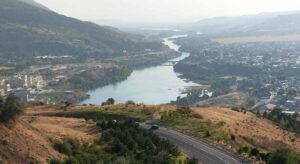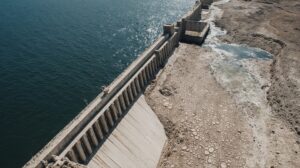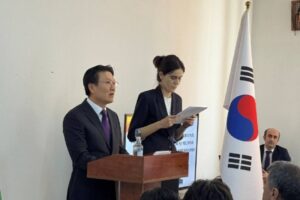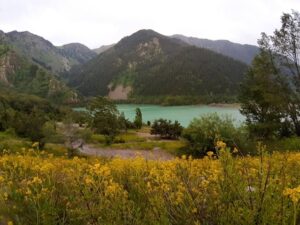The Langar Ota Complex in Uzbekistan’s Kashkadarya province has reopened to the public following a major restoration supported by the United States. The $250,000 emergency conservation project was funded by the U.S. Ambassadors Fund for Cultural Preservation (AFCP), reflecting a broader commitment to protecting global cultural heritage.
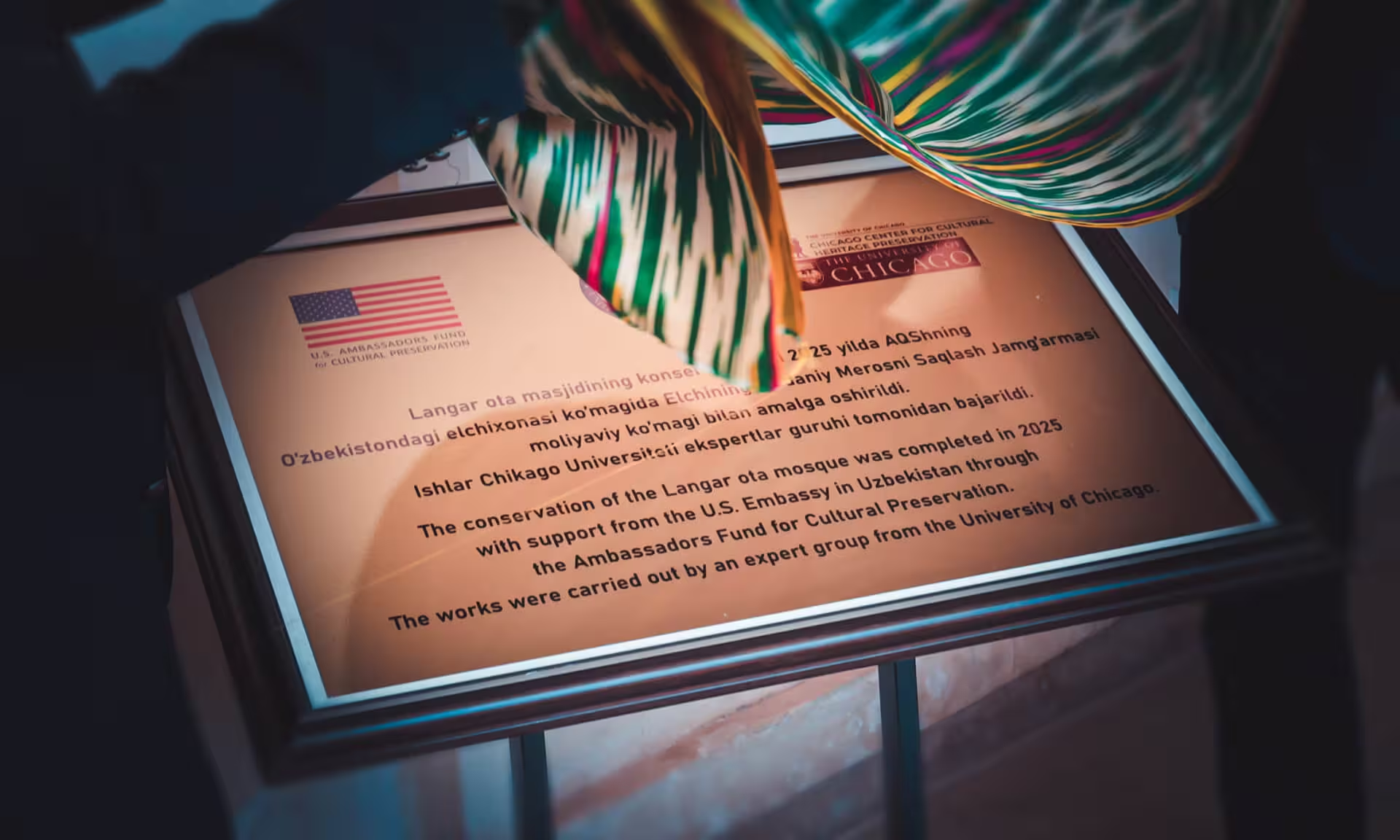
The reopening ceremony, held in the village of Katta Langar in the Hissar mountain range, brought together U.S. Ambassador Jonathan Henick, local officials, community members, and American experts. In his remarks, Ambassador Henick emphasized the importance of cultural preservation in fostering mutual understanding and highlighted the strength of U.S.-Uzbekistan relations.
“Cultural heritage is an integral part of how we understand our history and who we are. It transcends national borders,” Henick said. “Langar Ota is an important site for people all around the world, and we deeply appreciate the opportunity to play a role in its history.”

Dating back to 1448, the Langar Ota Complex includes a mosque and mausoleum known for their Timurid tilework and intricately carved wooden structures. Revered as a major pilgrimage site associated with the Ishqiya Sufi order, the complex once housed the Katta Langar Quran—one of the oldest surviving Qurans written in Kufic script.
The conservation initiative, launched in fall 2023, was led by the University of Chicago’s Institute for the Study of Ancient Cultures. Restoration efforts focused on stabilizing key tile panels, reinforcing the foundation, and replacing a deteriorating roof. The project also prioritized local capacity-building by training Uzbek conservation professionals, ensuring sustainable preservation in the future.

This latest effort aligns with the U.S. government’s broader strategy of supporting regional stability and cross-cultural engagement. In 2023, the U.S. and Uzbekistan signed an agreement to combat the illegal trade of stolen artifacts, advancing cooperation in safeguarding cultural property and law enforcement collaboration.
The restored Langar Ota Complex is now open to visitors, offering a renewed connection to Uzbekistan’s rich Sufi traditions and national identity.
Established by the U.S. Congress in 2001 and administered by the Department of State, the AFCP supports the preservation of cultural sites, manuscripts, and traditional arts around the world. In Uzbekistan, the fund has supported 15 projects totaling $2.5mn, showcasing America’s longstanding commitment to cultural preservation and international partnership.
